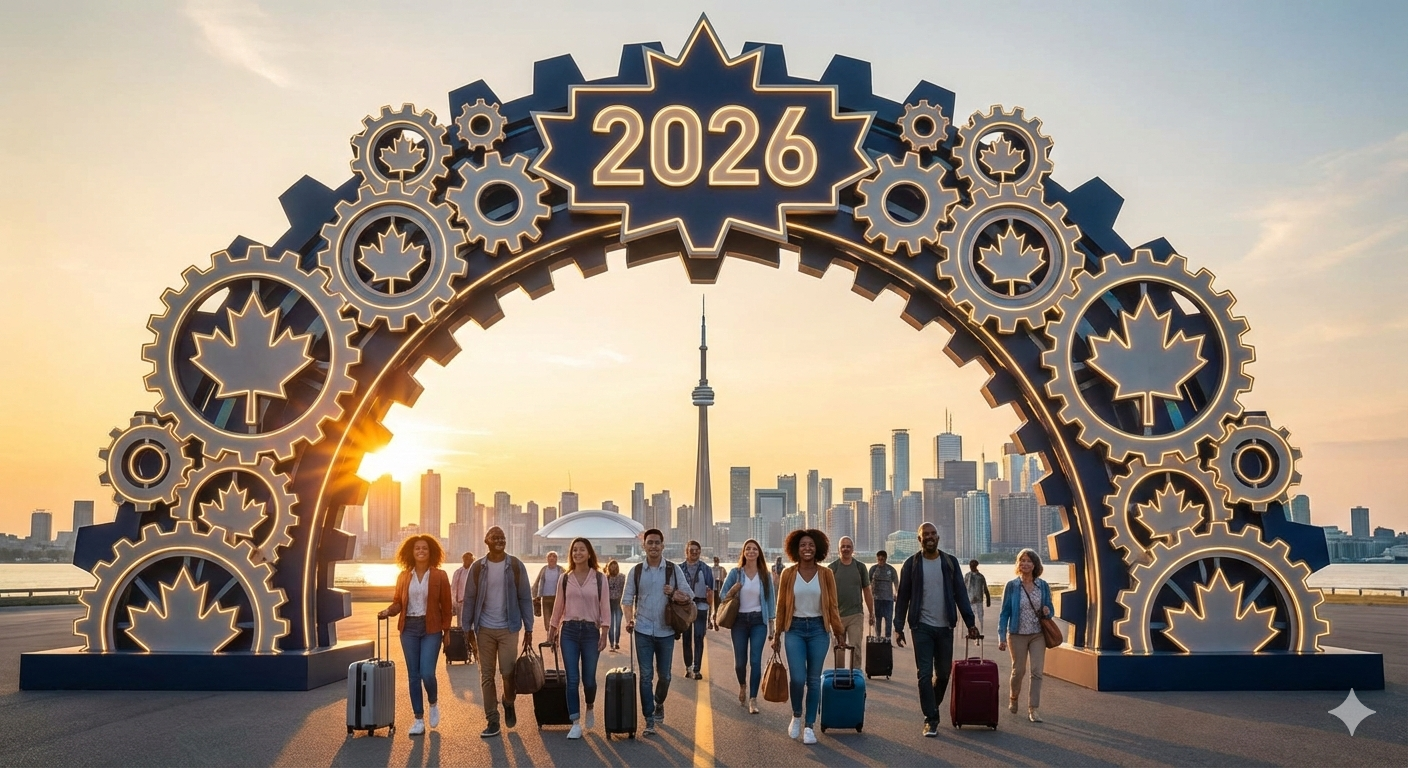Super Visa: An Alternative Pathway for Parents and Grandparents to Reunite with Family in Canada

Canadian citizens and permanent residents have the option
to invite their parents and grandparents to stay in Canada for extended periods
through the Super Visa program.
For those who did not receive an invitation under the Parents
and Grandparents Program (PGP) lottery, the Super Visa offers a practical
and accessible alternative.
What is the Super Visa?
The Super Visa grants parents and grandparents visitor
status in Canada for up to 10 years, allowing them to stay for a maximum
of five years at a time. In comparison, a standard visitor visa typically
allows a stay of up to six months.
Super Visa vs. PGP: Key Differences
|
Dimension |
Super Visa |
PGP |
|
Availability |
Open year-round to eligible applicants |
Invitation-only through the 2020 PGP lottery |
|
Sponsor Eligibility |
Canadian citizen/PR; must meet Low-Income Cut-Off (LICO) |
Canadian citizen/PR; must meet Minimum Necessary Income
(MNI) |
|
Outcome |
Long-term visitor status |
Permanent residence |
|
Health Insurance Access |
No |
Yes |
|
Cost |
From $100 |
From $1,205 |
|
Commitment Period |
Duration of stay |
20 years (10 in Quebec) |
Why the Super Visa is Easier to Obtain
The PGP relies on a lottery system, meaning there is
no guarantee of being selected to sponsor. In contrast, the Super Visa can be
applied for anytime as long as both the sponsor and the applicant meet
the eligibility requirements.
Eligibility Requirements
For the Host (Sponsor):
- Must
be at least 18 years old
- Must
be a Canadian citizen, permanent resident, or registered Indian
- Must
meet or exceed the LICO income requirement
For the Applicant:
- Must
apply from outside Canada
- Must
have private health insurance that meets program requirements
- Must
be admissible to Canada
The application can include a spouse or common-law partner,
but not dependent children.
How to Apply for the Super Visa
- Purchase
qualifying medical insurance (minimum $100,000
coverage, valid for at least one year).
- Gather
required documents, such as:
- Invitation
letter from the host with a promise of financial support
- Proof
of income and status of the host
- Proof
of relationship
- Proof
of valid medical insurance
- Submit
the application online via the IRCC Portal and pay the
required fees.
- Provide
biometrics, if requested.
- Complete
a medical exam as instructed by IRCC.
- Receive
approval and follow instructions to obtain the
visa or entry letter.
Note: Visa-exempt applicants must also obtain an Electronic
Travel Authorization (eTA).
Common Reasons for Refusal and How to Avoid
Them
- Weak
proof of ties to home country – Provide job letters,
proof of property ownership, or evidence of dependent family members.
- Insufficient
proof of financial support – Include bank
statements, pay stubs, CRA Notices of Assessment, employment letters, and
T4/T1 forms.
- Medical
inadmissibility concerns – Submit complete
medical history, reports showing stable health conditions, and proof of
medical insurance coverage.
Processing Times
Processing times vary by country. Recent IRCC data (as of
August 5) shows:
- India:
129 days
- USA:
89 days
- Nigeria:
58 days
- Bangladesh:
110 days
- Pakistan:
126 days
By comparison, PGP applications currently take about 36
months to process (outside Quebec).
Final Takeaway
While the PGP leads to permanent residency, the Super Visa
offers a faster, more flexible, and renewable option for parents and
grandparents to spend extended time in Canada. With proper preparation, meeting
income and insurance requirements, and providing strong supporting documents,
applicants can significantly improve their chances of approval.






